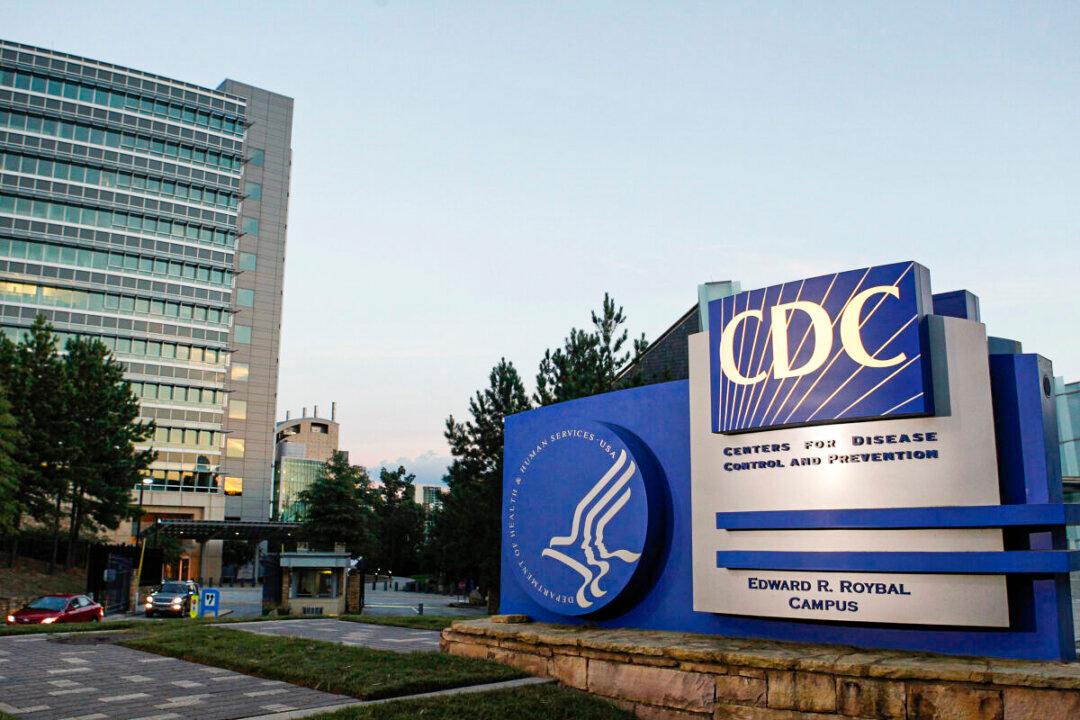Herd immunity against the virus that causes COVID-19 may be impossible to reach, a federal health official said in little-noticed remarks earlier this month.
“We would discourage a strict goal of a threshold where we think if we reach that, that community transmission will then cease,” Dr. Jefferson Jones, a medical officer on the Centers for Disease Control and Prevention’s (CDC) COVID-19 Epidemiology Task Force told a panel of the agency’s vaccine advisers.






